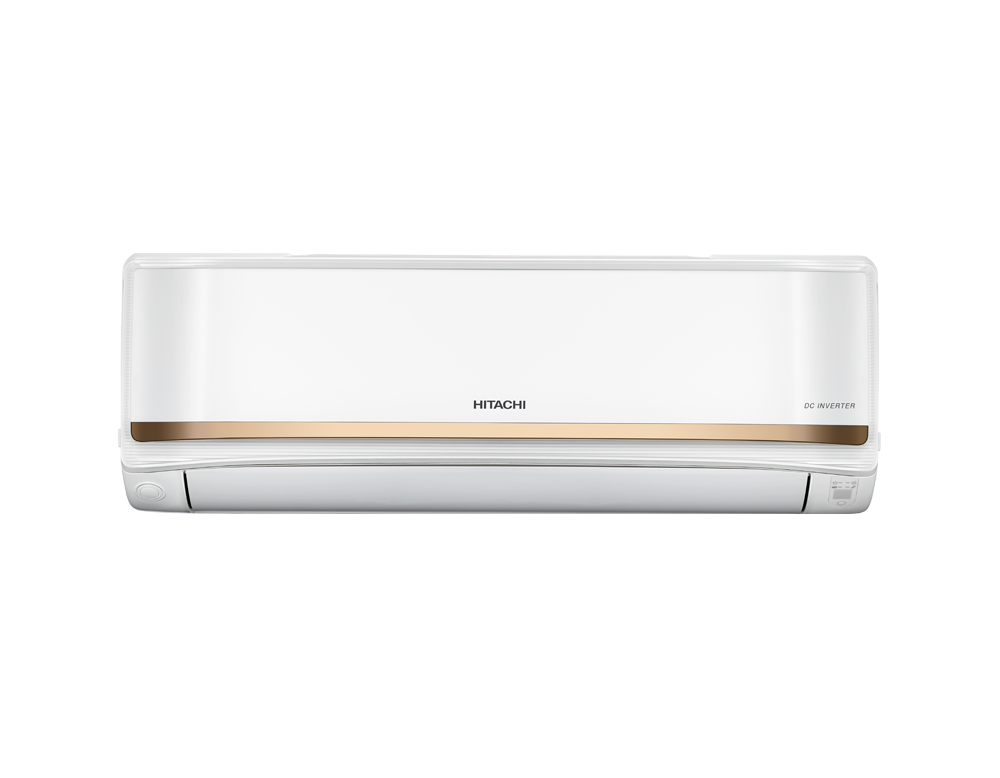When buying an air conditioner for your home or office, the options can be overwhelming. You may have heard about split ACs and inverter ACs, but what are the differences? Which one is better for your space? Here, we’ll break down everything you need to know about both types of air conditioners to help you make the best choice.
What is a Split AC?
A split AC has two primary units-the indoor unit and the outdoor unit. The indoor unit is placed inside your room, whereas the outdoor unit is mounted outside your home. These two units are connected to each other by pipes, through which the refrigerant flows from one to another. Split ACs have really become popular for cooling a single room, and the capacity is offered in different sizes. This makes them common choices for residential spaces and small offices.
What is an Inverter AC?
An inverter AC, however, is an advanced air conditioner. The technology of a compressor here is different. A traditional split AC runs the compressor at a constant speed, whereas in an inverter AC, the compressor varies according to the temperature requirement, hence its efficiency is better, and energy saving increased. There is also something to be said about the ability of an inverter-split AC to maintain room temperatures without a sudden rise or drop.
Key Differences Between Split AC and Inverter AC
1. Energy Efficiency
Perhaps one of the most important benefits of an inverter AC is its energy efficiency. Since the compressor can now vary its speed, it will consume less energy. For example, when the room has cooled down to the desired temperature, the compressor slows down its speed while the regular ACs shut off totally. The energy load is therefore affected, and you save money on your electricity bill.
A traditional split AC works in an “on-off” mode. A traditional AC compressor once switched on, runs at full speed. It then runs through the cycle to cool the room and shuts off when it has achieved that target. This is because this compressor has to start up more frequently and, therefore, uses more power.
2. Cooling Speed and Consistency
Inverter split AC cools the rooms more evenly and quickly. Variable compressor speed will allow for accurate temperature regulation that will stabilize the room temperature. In addition, inverter air conditions adjust faster to changes in temperature to keep you comfortable even when the heat is extreme during holidays in summer.
Traditional split ACs, however, take a little longer period in order to cool a room and are usually characterized by thermal fluctuations. This may sometimes make the room cold at times and warm at others, depending on when the compressor is cycling.
3. Noise Levels
Inverter ACs are generally quieter compared to traditional split ACs. Since the compressor doesn’t constantly switch on and off, the noise level is much lower. This makes them a great option for bedrooms or quiet spaces where minimal noise is preferred.
Split ACs can be noisier due to the frequent cycling of the compressor. You may notice the hum when the unit powers on or off, which can be a bit disturbing, especially during sleep.
4. Lifespan and Durability
Inverter ACs live much longer. This is due to the fact that the compressor will work through less wear and tear. Since the unit need not work as hard to maintain a temperature, this translates to less pressure on its overall components.
Traditional split ACs have a shorter lifespan because they put more pressure on their compressor and other parts of the system due to constant on-and-off cycling.
5. Cost
What you will see in comparing the price of a traditional split AC to an inverter AC is that the latter tends to be more expensive at the onset. One should, however, keep in mind the long-term costs. Energy savings provided by an inverter split AC more than justify higher upfront costs.
When you search for a cassette AC price list in India, you’ll also come across an inverter cassette AC available in the market. These can be used for large spaces like offices or restaurants. Although these bring a good price with them, they promise great energy-saving and efficiency in cooling.
Benefits of Buying a Split or Inverter AC
Whether you decide on a traditional split AC or an inverter split AC, both have their own advantages. If you’re purchasing for a small room or on a budget, a regular split AC may be sufficient for your needs. You can also explore options for room AC online purchase, which often have great deals and discounts.
If energy savings and long-term comfort are your priorities, an inverter AC is worth the investment. Not only does it reduce your energy bills, but it also provides faster cooling and a more comfortable indoor environment.
Conclusion
It is ultimately your choice to choose an inverter AC or a split air conditioner, considering your needs, room size, and budget. Inverter split AC offers significant energy savings as well as faster cooling and quieter operation. Therefore, for long-term use, it is a superb investment. Otherwise, the split AC can be considered to be quite cost-effective if it’s for smaller space and infrequent cooling.







